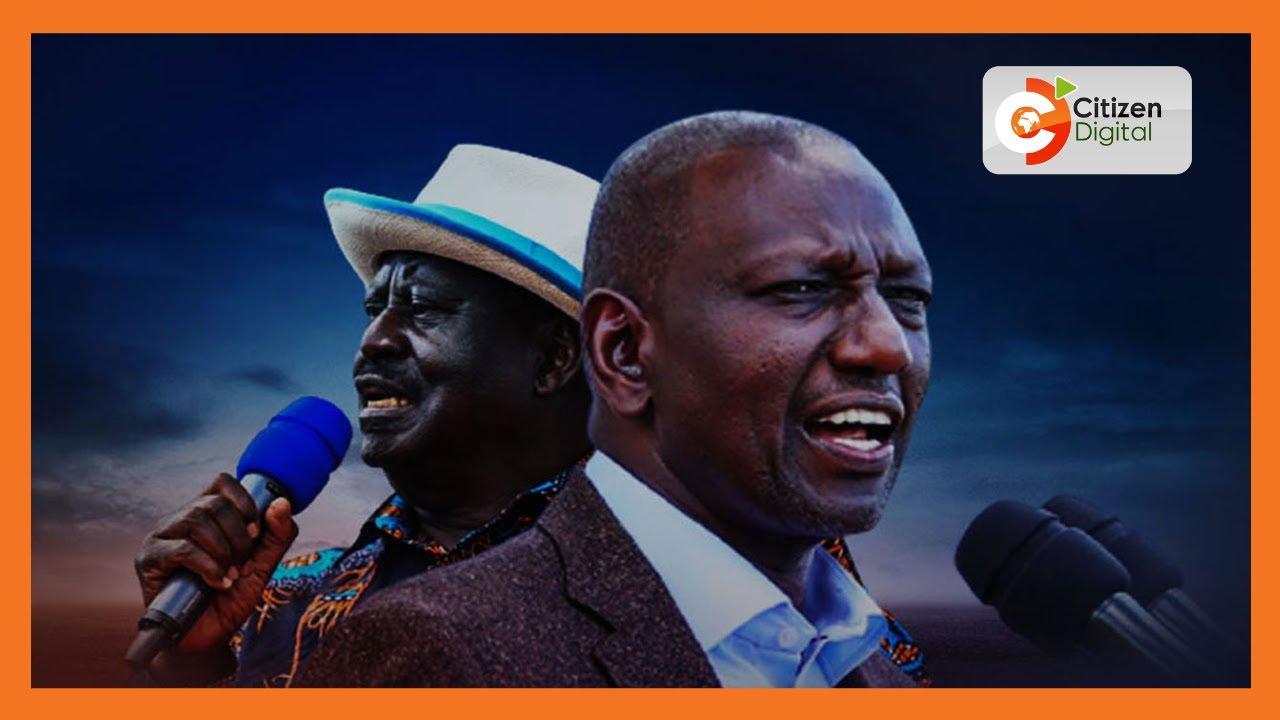Kccb, Ncck, Supkem, Call For More Inclusive Talks
Unleash Your Creative Genius with MuseMind: Your AI-Powered Content Creation Copilot. Try now! 🚀
In the ever-evolving landscape of politics, where opposing forces often clash like titans, a glimmer of hope emerges. Religious leaders and various Civil Society groups are championing a new vision of inclusivity in the realm of bipartisan talks. These talks, once confined to the corridors of politicians, are now being urged to broaden their horizons, inviting a diverse array of stakeholders to the table. This bold step is aimed at ensuring that the concerns of the Common Man are not merely acknowledged but fully addressed.
Beyond the Political Arena: Opening Doors to All
In the crucible of political discussions, we often find ourselves at the edge of a precipice. Yet, it's essential to recognize and celebrate the efforts of both the president and the opposition for pulling the nation back from the brink. The voices of religious leaders and segments of the Civil Society now join this chorus of appreciation. However, they are advocating for more than just recognition; they're advocating for structural changes in the talks themselves.
The Need for Speedy Action
These voices of reason are calling for swift action in reforming the way these discussions take place. The collective that includes the National Council of Churches in Kenya (NCCK), the Council of Catholic Bishops, the Supreme Council of Kenya Muslims (SUPKEM), the Kenya National Commission on Human Rights (KNCHR), and the Independent Medico-Legal Unit (IMLU) insists that the scope of these talks must extend beyond the boundaries of electoral reforms.
The call for action is passionate and clear: "Let all consultations be open, in good faith, and truth." Kenyans deserve transparency in every step of the process. This isn't merely about listening; it's about reshaping the table itself, taking it outside the confines of the third arm of government—Parliament.
A Gathering of Voices: The Power of Inclusion
To achieve this, the leaders urge the talks to reach beyond the political arena and encompass a broader spectrum of stakeholders. Religious groups, Civil Society organizations, and the private sector, among others, should have a seat at the table. In doing so, a more holistic response to the issues raised by the opposition and the citizens can be crafted.
"This is our country, and everybody has a stake," they declare with conviction. The more inclusive these talks become, the better the prospects for building a nation that every Kenyan can take pride in. This call for inclusivity finds resonance in the words of former organic presidential candidate David Murray, who emphasizes the importance of involving other presidential candidates, especially when addressing matters as critical as presidential results.
A Cautionary Note: The Role of Leadership and Citizenry
While advocating for inclusivity, these leaders also raise a cautionary flag. They urge sections of the political leadership to lower the volume on political rhetoric and give the talks a genuine chance to thrive. Instead of perpetuating divisions and violence, the call is for a demand for peace and the betterment of society.
As we navigate this delicate dance between political discourse and national stability, it is crucial to remember the power that lies within unity, dialogue, and the inclusion of diverse perspectives. The path to resolving the nation's issues may not be straightforward, but it is one that holds promise when walked hand in hand, with a commitment to openness, truth, and the common good.
In conclusion, the voices of religious leaders and Civil Society groups championing inclusivity in bipartisan talks offer a refreshing perspective on the path to national solutions. By expanding the table of discussion to encompass a wider array of stakeholders, we may find that the solutions to our most pressing issues have been waiting for us all along, in the collective wisdom of a diverse and inclusive nation.

Related Recaps
- New Trendy Gold Mangalsutra Designs | सोने का शानदार मंगलसूत्र डिजाइन | Latest Jewellery#fashion
- Bitcoin BTC Price News Today - Technical Analysis and Elliott Wave Analysis and Price Prediction!
- Infant meets woman whose organ donation saved her life l GMA
- How consumers could be impacted by Silicon Valley Bank's collapse
- উচ্চমাধ্যমিক/ কলেজ পাশে চাকরির সুযোগ: After HS Graduation Best Private Jobs 2023: Nxtwave Intensive2